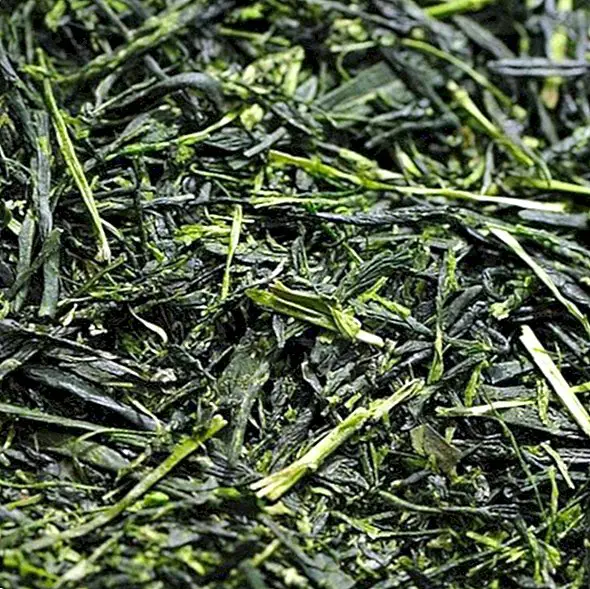Uses of nettle for health, skin, cooking and contraindications
Since ancient times the nettle It has been used for its medicinal properties. The nettles (Urtica), belong to the family of Urticaceae, a large family, and there are about fifty genera of nettle, the most common nettle is the major nettle (Urtica dioica) also known as Green nettle.
What most characterizes this plant and what it is known and sometimes refuses is because it is stinging, its leaves are provided with a few hairs that rubbing against the skin itching, hives, itching and irritation and it does not take long in disappearing.

Although it does not enjoy good reputation for what we have mentioned above, the nettle has many virtues beneficial to our health.
Among the beneficial properties for our organism we highlight the following: antioxidant, antianemic, diuretic, depurative, astringent, expectorant, antidiabetic, healing, antibacterial, antihistamine and antiinflammatory, antirheumatic.
Nutritionally nettles provide us with vitamins A, B, C, E, and minerals such as iron, calcium, magnesium, potassium, phosphorus, zinc, silica.
Mainly the fresh leaves are used and also dry, if we can not get them fresh we can acquire them in the herbalists, parapharmacies and in stores of natural products.
Learn about the uses of nettle
As we have titled this article, nettle has many uses that we will point out below: in the field of health, beauty, cooking, at home and in the garden.
Uses of nettle in the field of health
In the field of health, nettle is recommended to combat fatigue or fatigue due to its remineralizing effects.

The nettle also has calming action, this makes it effective to treat muscle, joint or rheumatism pain.
It also prevents against osteoporosis and helps keep bones and cartilage in good shape.
Uses of nettle in beauty
The nettle appears forming part in the shampoos, in products to strengthen the nails and in cosmetics for the face.
For hair, nettle is ideal because it regulates the production of fat in the scalp, which reduces the appearance of dandruff.
It also helps strengthen hair, prevent hair loss and stimulate hair growth. For the nails the nettle helps to strengthen fragile and brittle nails. Nettle also benefits in cases of acne.
Uses of nettle in the kitchen
As we have said before, the nettle produces itching when we touch it, so before handling it we must protect our hands with gloves.
Once we cook them or we scald them, they do not sting so we can eat them calmly.
Before preparing them in food recipes or infusions, we should wash them whenever the leaves are fresh.
You can also make infusions with dried flowers that we can get in herbalists or put to dry the nettle leaves ourselves if we have them at our fingertips.
The nettle is prepared like any other vegetable, to cook fresh leaves or tender shoots of nettle are used, with it we can prepare soups, include them in soup with other vegetables, in salads, tortillas, cream of nettles, accompanying meat recipes , of fish, with rice, with pasta, with potatoes.

Uses of nettle in the garden
Due to its high content of nitrates and iron salts, nettle is used in organic farming and is very appropriate to strengthen plants both the plants that we have inside the house and those we have in the garden.
Contraindications of the nettle
Nettle can present some contraindications, some people may have allergies to stinging nettle as to any other medicinal plant.
The consumption of nettles is not advised in the following cases:
- In children under 12 years old.
- In pregnant women.
- People who have immunosuppressive treatment.
- People with heart problems
- People with edema
- People with kidney problems
- People with hypertension.
- Diabetic people
The nettle grows wild, is a plant that easily absorbs pesticides and heavy metals found in the soil, if we decide to go out in the field in search of them it is better not to pick them up in places that are close to the road to avoid have toxic substances and are contaminated.
At the time of collecting them it is better to be provided with gloves, as well as scissors to cut the stems.
Once we have collected them, we will wash them before using them, and we can also dry them in a dark place and once dry we will keep them in a cool place and we will have them ready to prepare teas or infusions.
If we could not have fresh nettles on hand we can use an herbalist and get them in the form of dry leaves and in other formats such as capsules, dragees, extract.


